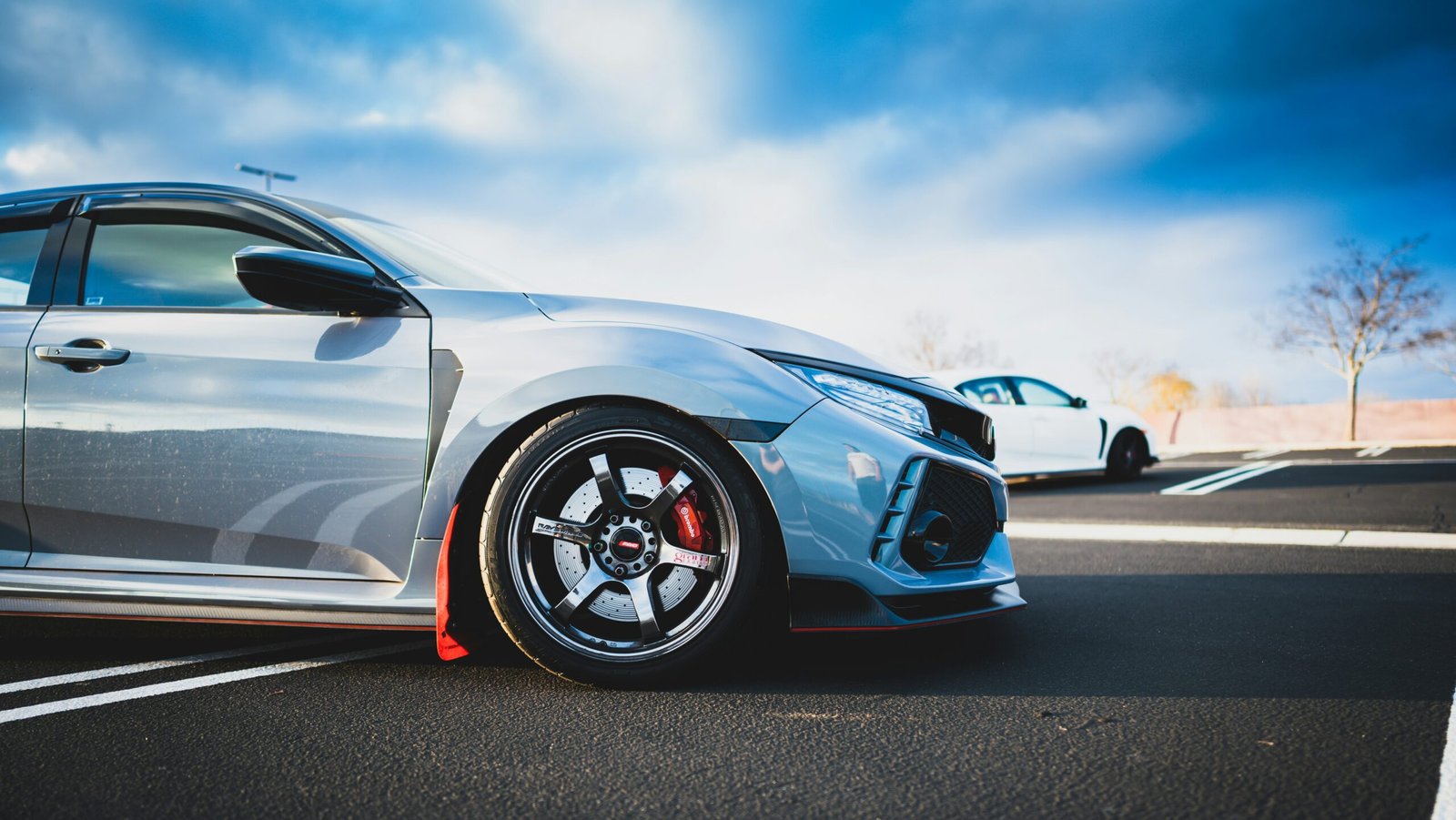Your car’s tires are its connection to the road, and the right set can significantly impact safety, performance, fuel efficiency, and even how your car feels to drive. With so many options out there, choosing the best car tyres can feel overwhelming. This comprehensive guide breaks down the different types of tyres, their ideal applications, and crucial factors to consider when making your selection.

Understanding Tyre Types: Key Categories
All-Season Tyres: The jack-of-all-trades, designed for balanced performance in a wide range of weather conditions, including light snow. These are the default choice on most new cars.
Summer Tyres: Prioritize grip, handling, and responsiveness in dry and warm conditions. They excel on performance cars and aren’t suitable for snowy or icy weather.
Winter Tyres: Specially engineered for maximum traction in snow, ice, and cold temperatures. They offer superior braking and handling in these conditions, but don’t perform well in warm weather.
All-Terrain Tyres: Designed for SUVs and trucks that occasionally venture off-road. They offer a compromise between on-road civility and off-road capability, with a more aggressive tread pattern than all-seasons.
Performance Tyres: Several subcategories exist, but they generally emphasize sporty handling, cornering grip, and high-speed stability, often at the cost of tread life and noise.
Factors to Consider When Choosing Car Tyres
Your Climate: Do you live where winters are severe? All-seasons might suffice in areas with mild winters. Extremely hot summers might necessitate a high-performance summer tyre.
Driving Style: Are you a spirited driver who values cornering grip, or do you prioritize comfort and a quiet ride? Tyre choice impacts feel and responsiveness.
Type of Vehicle: Sports cars, SUVs, and sedans have different needs. A tyre perfect for a small hatchback might not be suitable for a heavy truck.
Budget: Tyres range from budget-friendly to premium. Higher price often (but not always) correlates to increased performance and durability.
Mileage Expectations: Some tyres favor grip at the expense of longevity. Decide if you want frequent replacements, or a longer-lasting tyre even with some performance trade-offs.
Delving Deeper into Specific Tyre Types
All-Season Tyres: The Sensible Choice
- Pros: Year-round performance, good value, generally quiet and comfortable.
- Cons: Don’t excel in any specific area, not ideal for extreme weather or performance driving.
- Best for: Drivers who don’t push their car’s limits or live in regions with severe winter weather.
Summer Tyres: When Grip is King
- Pros: Unmatched dry handling, precise steering, incredible braking on warm roads.
- Cons: Dangerous in snow/ice, loud, wear quickly, not for budget-conscious drivers.
- Best for: Performance car owners in warm climates, or drivers with a dedicated set of winter tyres.
Winter Tyres: Conquering Cold and Snow
- Pros: Stay pliable in cold weather, deep treads bite into snow for traction
- Cons: Sloppy handling on dry roads, increased noise, wear fast in warm temperatures.
- Best for: Anyone living in areas with significant snowfall or consistently freezing temperatures.
All-Terrain Tyres: Balancing Road and Trail
- Pros: Versatility for on- and off-road use, more durable than passenger car tyres, aggressive looks.
- Cons: Louder than all-seasons, reduced fuel efficiency, less on-road grip than dedicated road tyres.
- Best for: SUV and truck owners needing some off-road capability, but who mainly stay on pavement.
Performance Tyres: Unlocking Your Car’s Potential
- Pros: Range from mild performance gains to track-oriented grip, enhance responsiveness and feedback.
- Cons: Often prioritize grip over longevity, harsher ride possible, higher price point.
- Best for: Drivers wanting to extract the most from their car, track day enthusiasts.
Don’t Forget These Key Aspects
Tyre Size: Found on the tire’s sidewall. You MUST replace with the correct size for your vehicle’s wheels.
Speed Rating: Indicates the tyre’s maximum safe sustained speed. Get a rating equal to or higher than your car’s capability.
Treadwear Rating: A relative number estimating how long a tyre might last. Higher is better, but not always a perfect comparison.
Brand Reputation Tires from reputable brands are held to higher quality control standards.
FAQs About Choosing Car Tyres
- Can I mix and match tyre types? Generally not recommended, as mismatched tyres cause handling imbalances.
- Should I always replace all four tyres at once? Ideally, yes, for consistent performance and safety.
- How often should I replace my tyres? Depends on use and tread wear. Most tyres have wear indicators. Don’t drive on tyres with less than minimum tread depth.
The ‘Best’ Tyre is the Right One for YOU
There’s no single “best” car tyre for everyone. Consider your needs, budget, and local conditions. A little research will help you make an informed decision, enhancing the safety, enjoyment, and long-term cost-effectiveness of your vehicle ownership.
Tire Buying Tips and Best Practices
- Don’t Just Rely on Price: The cheapest tyre is rarely the best value long-term. Consider cost per mile, reading reviews, and balancing price with your priorities.
- Online Reviews vs. Expert Advice: Utilize online tire reviews to narrow choices, but a reputable tire shop can offer personalized advice for your specific car and driving style.
- Importance of Fresh Tyres: Tires have a shelf life, even if unused. Check the manufacturing date (on the sidewall) – avoid tires more than a few years old.
- Installation Matters: Improper balancing and installation negates even the best tire’s benefits. Seek a trusted installer.
Beyond the Basics: Niche Tire Types
- Run-Flat Tyres: Can be driven a limited distance even with a puncture. Expensive, can make ride harsh, but offer peace of mind.
- Eco-Focused Tyres: Designed for maximum fuel efficiency, but may sacrifice some grip. Good option if you prioritize gas mileage.
- Truck-Specific Tires: Commercial-use trucks have unique needs for carrying heavy loads, and require specialized tires.
The Future of Car Tyres
- Smart Tires with Sensors: Monitoring pressure and wear in real-time could become commonplace, enhancing safety and maintenance.
- Materials Innovation: Expect advanced rubber compounds for both longer tread life and improved fuel efficiency without sacrificing grip.
- Airless Concepts: While still experimental, airless tires could eliminate punctures and offer some interesting design possibilities.

